
Anglers Against Pollution
Government’s response to water quality report gives no confidence they understand magnitude of crisis
In January 2022, the Environmental Audit Select Committee published their report, Water Quality in Rivers, setting out a comprehensive in-depth assessment of the appalling state of England’s rivers and the devastating impact of pollution from both sewage and agricultural run-off.
Only now has the government issued its response to the report and its recommendations. That response fails to provide any reassurance that the government understands the depth of the problems our rivers face or the urgency around the need to take action.
Too many of the EAC’s recommendations are dismissed with repeated comments from the government that they are doing something, often by citing the current work being carried out. But both the EAC in their report and the recent report from the Office of Environmental Protection, Taking Stock: protecting, restoring and improving the environment in England, have highlighted how current plans, proposals and targets are not enough.
The government’s response fails on a number of levels – it relies too heavily on current plans, themselves often failing, and on current consultations like the Storm Overflow Discharge Reduction Plan, and the Environment Targets (arising from the Environment Act 2020).
Stuart Singleton-White, Head of Campaigns at the Angling Trust, said:
“We’ve been waiting a long time for the government to respond to this important report and we were hoping to see a sea-change in the urgency and ambition from the government in light of the damming evidence the Environmental Audit Committee published. Alas, all we got were the same excuses and the same promises. Promises that are nowhere near what is needed if we are going to see our rivers recover any time soon to the clean, wildlife-rich places they once were.”
The government’s response is too reliant on the current consultations on sewage overflows and environment targets. Both of these have been wildly criticised as being weak and unlikely to deliver the improvements claimed by the government.
In its report, the EAC called on the government to set, “…a stretching timetable for progressive reductions in the use of overflows.” The government claims to welcome this recommendation. Yet the targets set for reducing discharges from storm overflow lack ambition and push action to prevent pollution out to between 2035 and 2050 – hardly stretching!
The current draft legally binding targets for water quality, set under the Environment Act, have been described by the Blueprint for Water Coalition as, “The way these targets have been defined and set lack ambition, focusing on what can be achieved, rather than what the environment needs.”
And while the EAC report specifically mentions the plight of Atlantic Salmon as being, “…known to be in danger [and] must be a priority for the Environment Agency” there are currently no fish species proposed as part of the legally binding targets for biodiversity.
Singleton-White added: “The lack of concern shown by the government towards Atlantic salmon, the most iconic of fish, is both pathetic and worrying. To simply dismiss the role of pollution as one of a range of pressures on this magnificent fish is incredible. To dismissively cite this government’s commitment to its NASCO implementation plan, which it is failing to deliver, and the Environments Agency’s Five-point Approach, which too is making no difference and has no funding to support it, at a time when by their own admission, 39 of the 42 salmon rivers in England are classed as being “at risk” or “probably at risk” is complacent in the extreme.”
The recent assessment report from the Office of Environmental Protection compared the cross-governmental response to the biodiversity crisis to that of its comment to the Zero Net-emissions 2050 target. It found the government to be failing badly when it came to a full cross-government response to our disappearing wildlife. In freshwater, pollution is a major contributor to that loss. In the UK, 13% of our freshwater species are threatened with extinction, and 90% of our wetland habitats have been lost in the last 100 years. Sadly, it is not the government departments and agencies that responded to the EAC report but those that did not, which tell the real story of just what priority the government gives to the protection of our environment.
- The Angling Trust has been campaigning for cleaner waterways since 1948 and through our campaign, Anglers Against Pollution, we seek to give anglers a voice in the fight for a better future for our environment by holding the government to account for its promises, its actions and its responsibilities. Find out more here.
You might also like
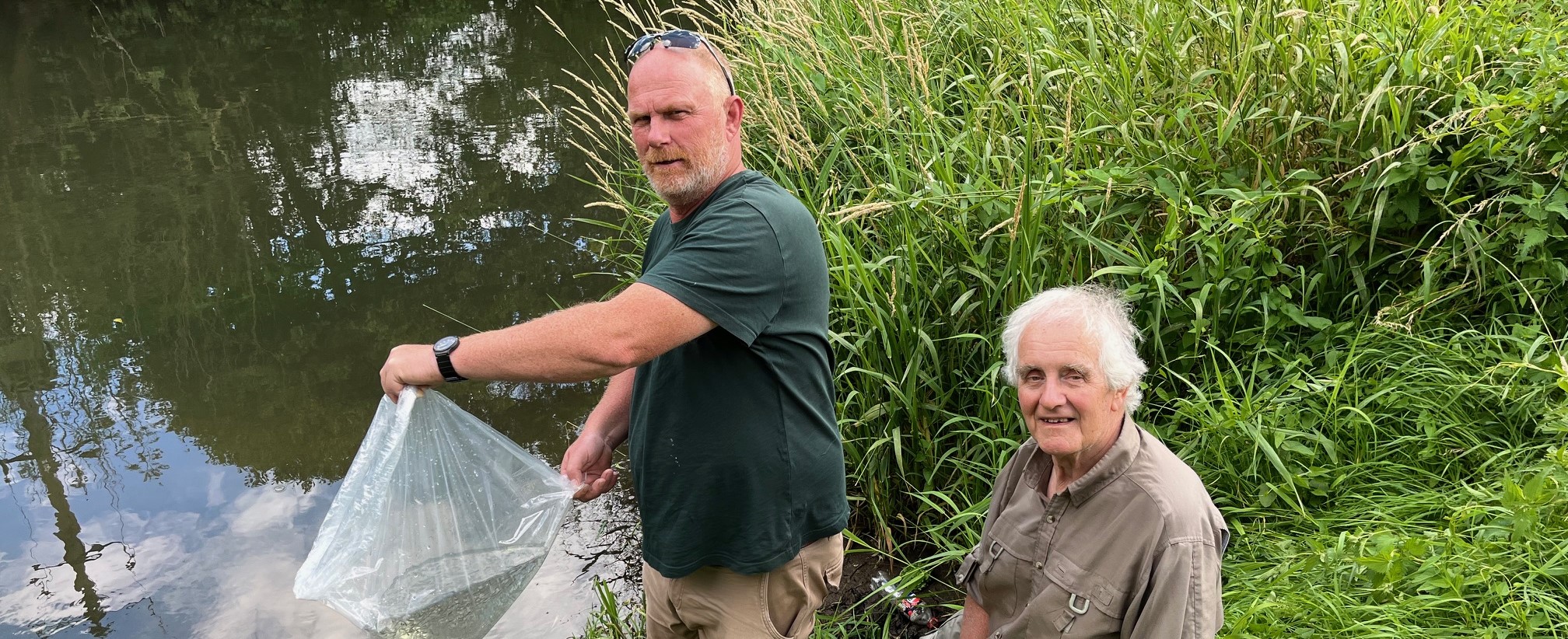
New Kennet Hatchery Releases First Reared Fish
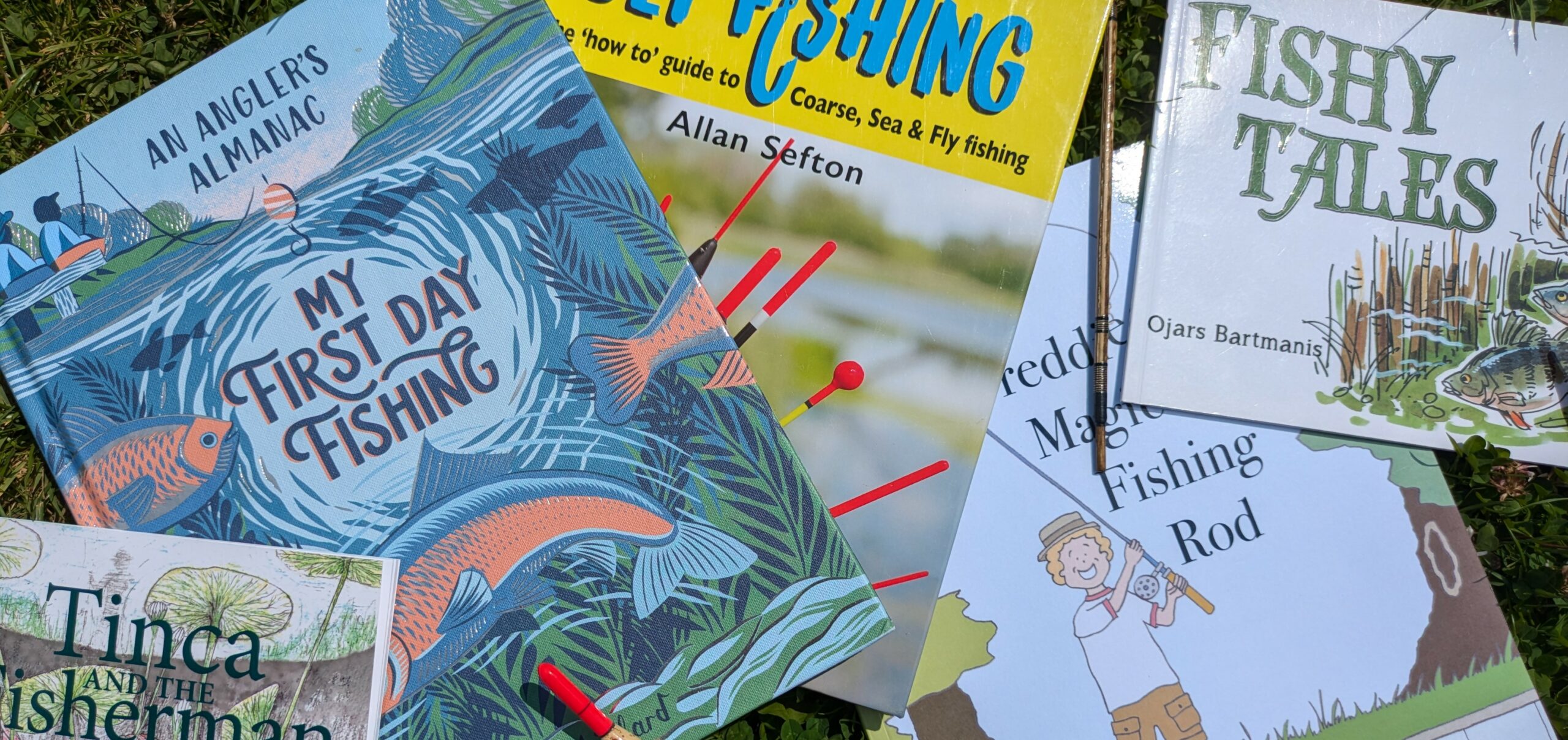
Fishing Books for Kids

UK Recreational Catch-and-Release Bluefin Tuna: A step closer to…

MESTER THE MASTER AT FREE SPIRIT MATCH BODDINGTON CLASSIC…
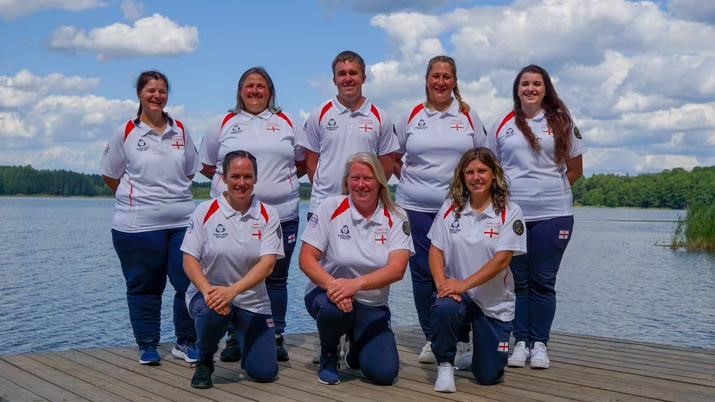
ENGLAND LADIES CARP TEAM MISS MEDAL ON TOUGH LATVIAN…

Angling Trust urges government to go further and faster…

ENGLAND YOUNG GUNS LEAD THE WAY IN HOME NATIONS…
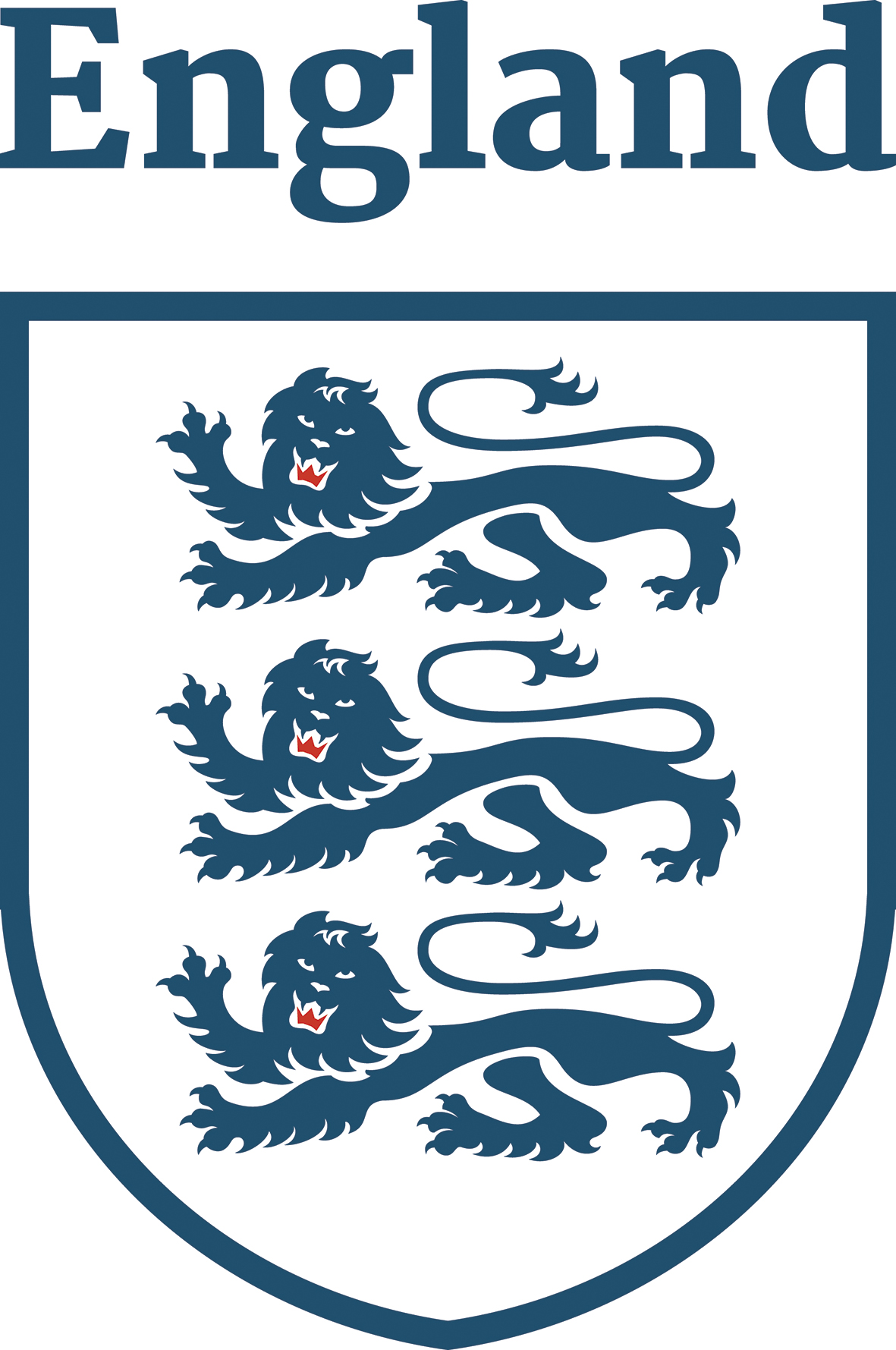
AMAZING ENGLAND COMEBACK SECURES EURO CHAMPS BRONZE
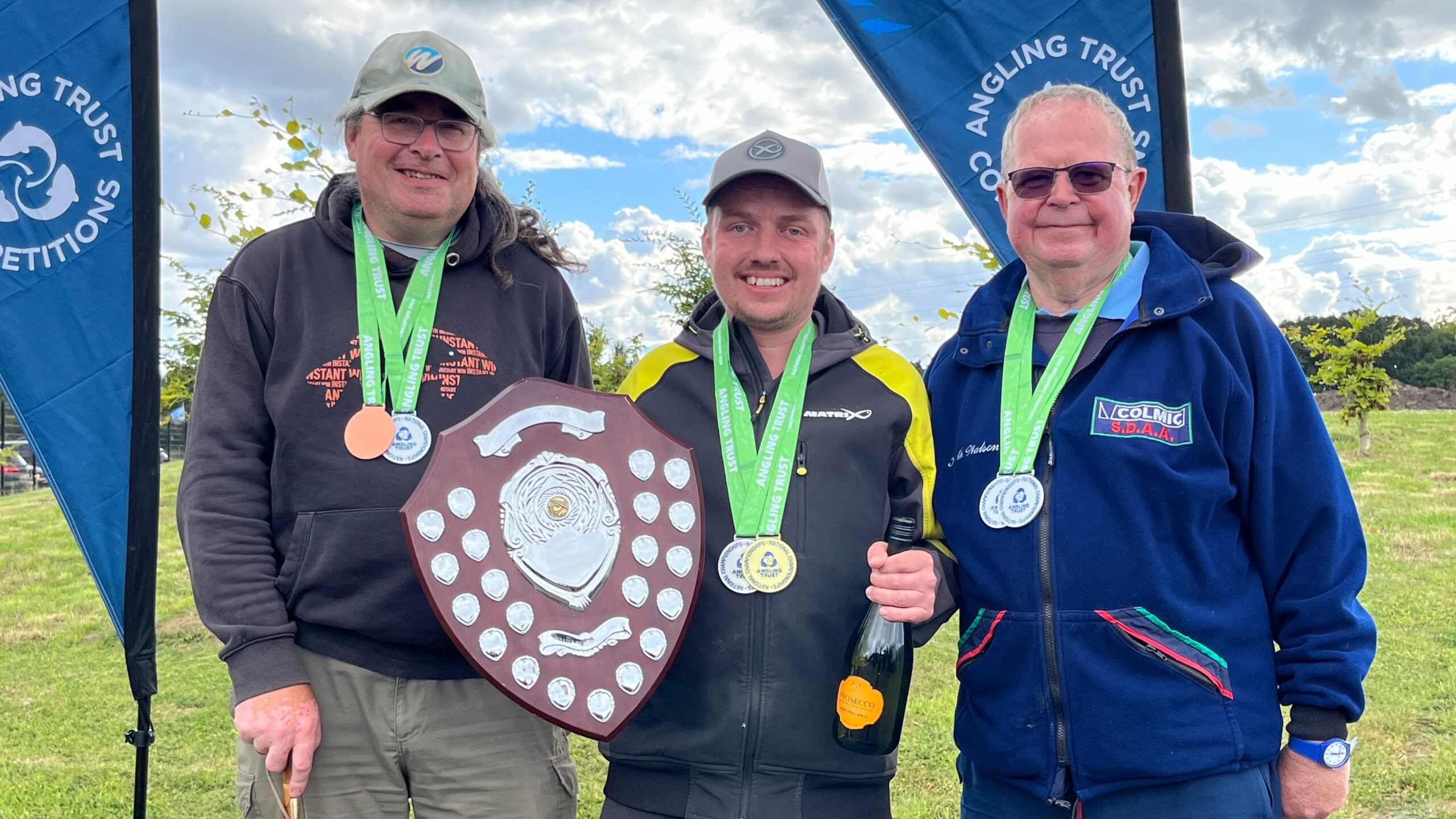
ELLIOT BAGS THIRD NATIONAL WIN AT MARSTON!

PATIENT APPROACH WIN WOMEN’S NATIONAL FOR LEANNE!
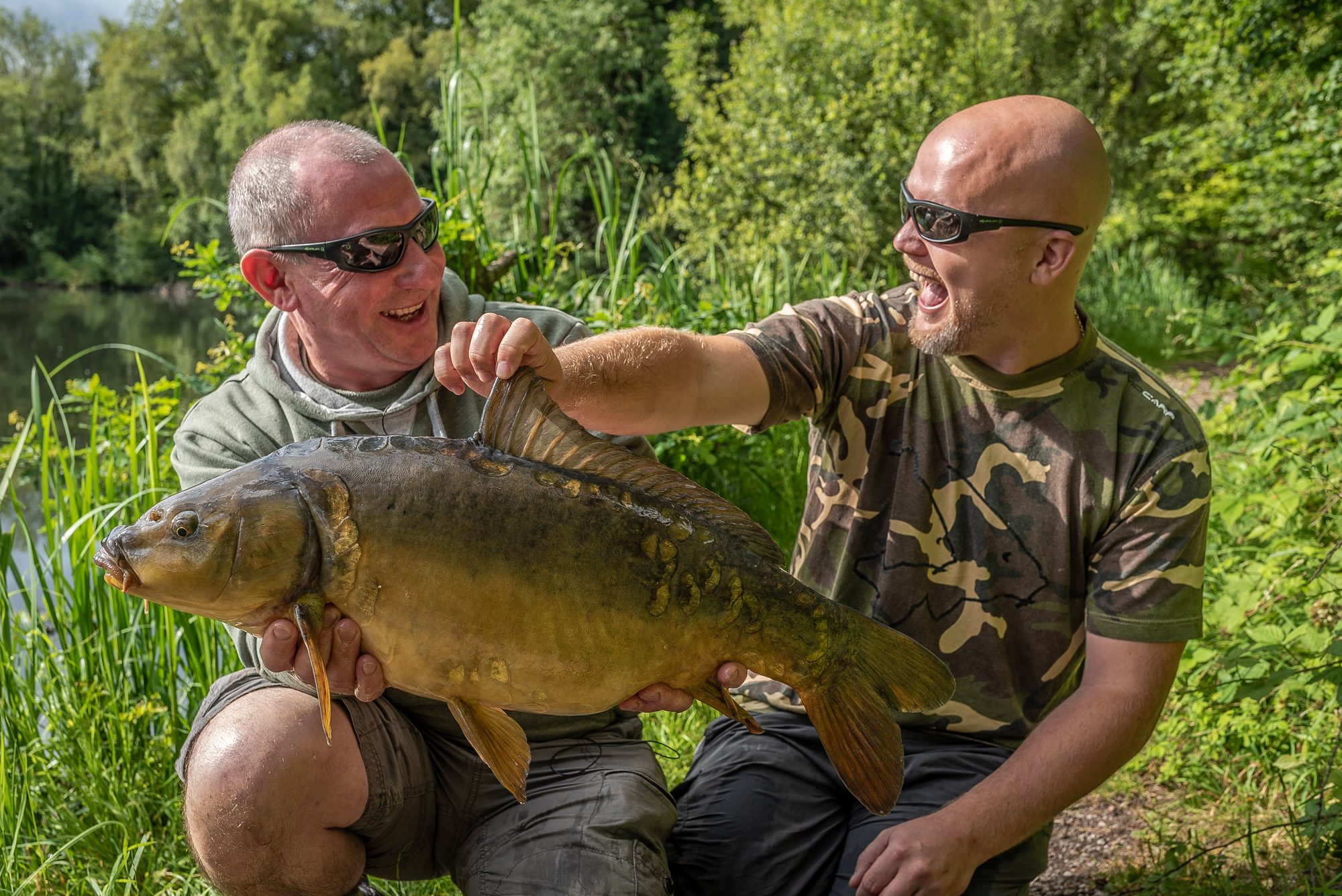
Take a Friend Fishing
27th July to 1st September…









